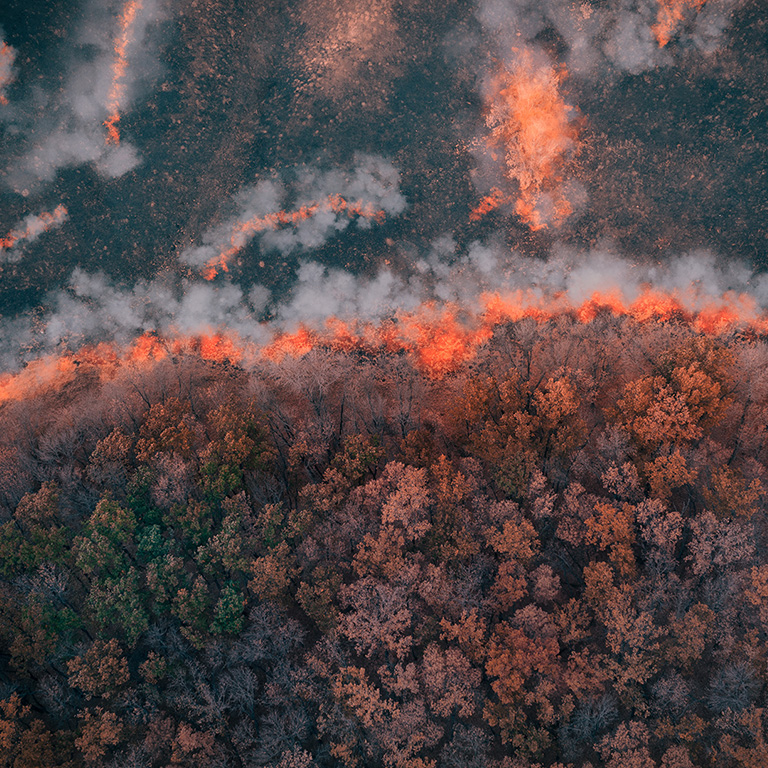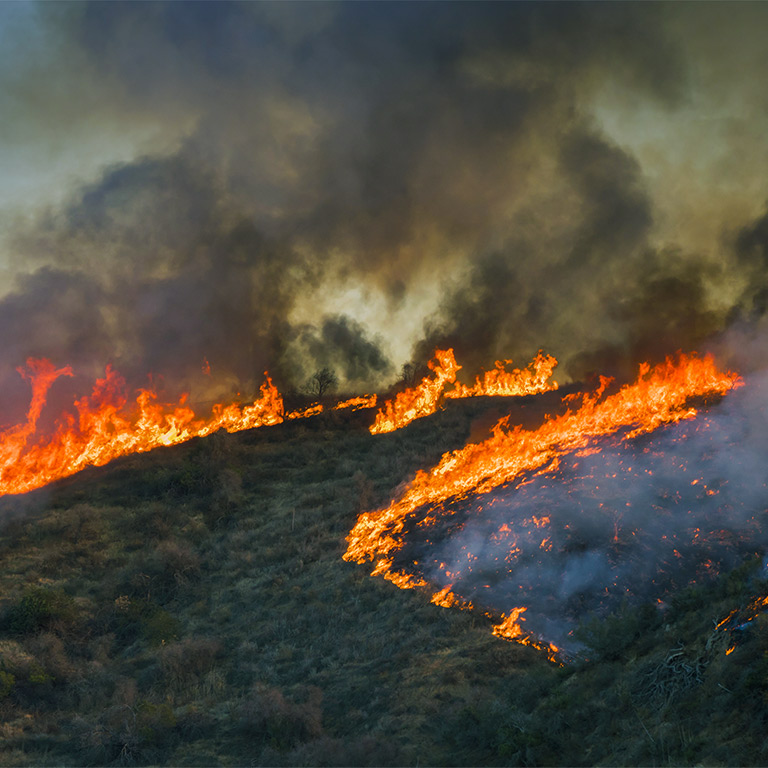The 2023 wildfire season has been record-breaking in a number of ways. On June 27, 2023, Canada exceeded its known historical record for total area burned by wildfire in a single season — shattering a statistic that has stood for 34 years. With months left to go in the 2023 season, Canada has already also surpassed the 10-year average for number of fires, as well as set a record for forced evacuations.
In our second episode of When faced with fire, a three part podcast series where we explore Canada’s wildfire risk, Ritch Seeley, a managing director within Marsh Advisory Canada, chats with George Fan, who is their lead consultant for natural catastrophe and climate risks, and Mirsada Jakupovic, one of Marsh’s senior insurance placement leaders for western Canada. They shed light on how climate change may affect the severity of wildfire season in years to come, as well as the potential insurance implications.
Stay tuned for our final episode, where we will discuss ways to improve your business resilience, and how you can minimize wildfire-associated disruptions.





